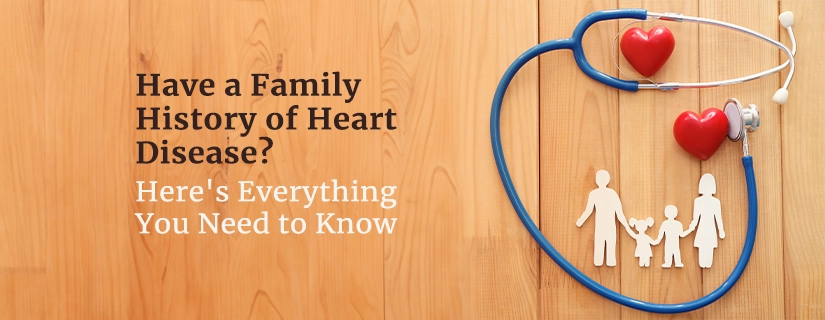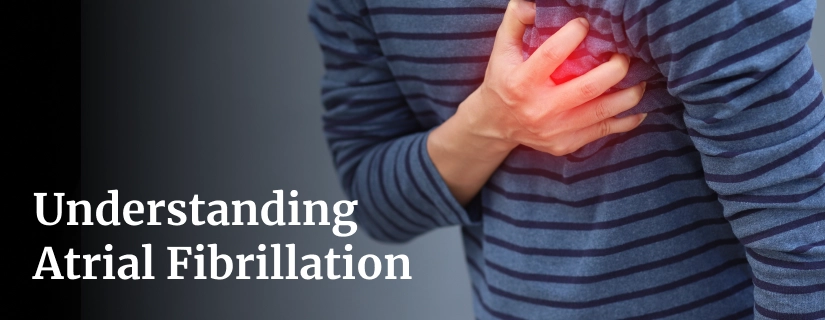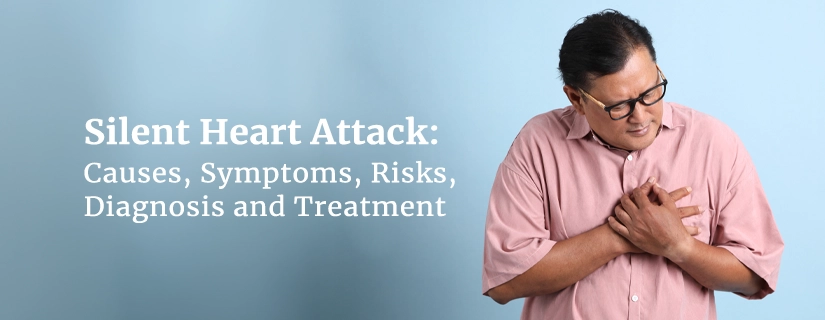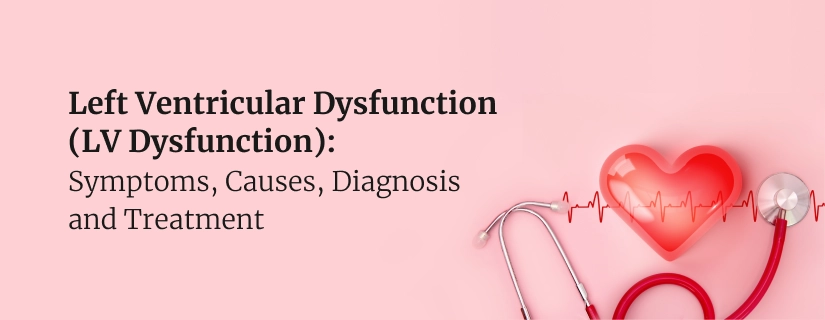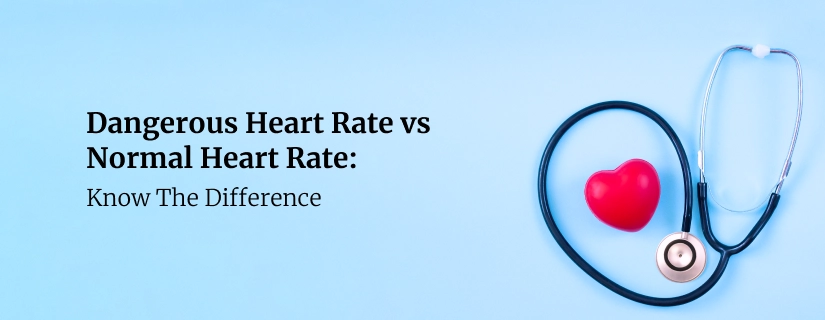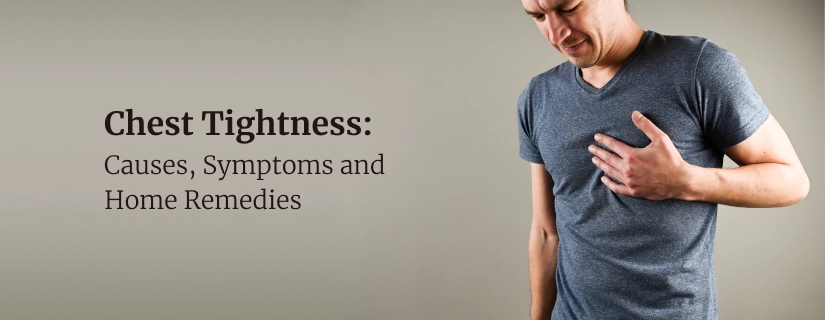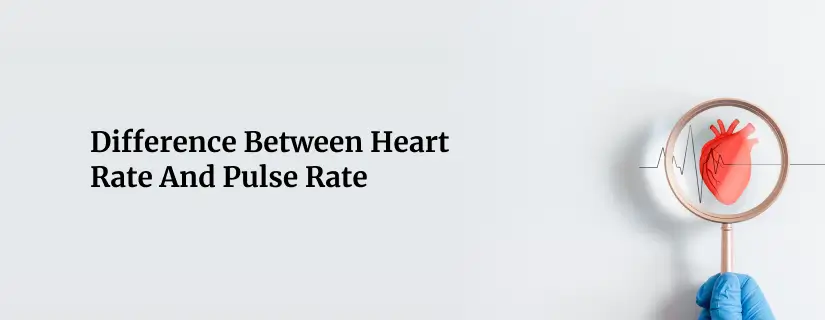-
Doctors
-
Specialities & Treatments
Centre of Excellence
Specialties
Treatments and Procedures
Hospitals & Directions HyderabadCARE Hospitals, Banjara Hills CARE Outpatient Centre, Banjara Hills CARE Hospitals, HITEC City CARE Hospitals, Nampally Gurunanak CARE Hospitals, Musheerabad CARE Hospitals Outpatient Centre, HITEC City CARE Hospitals, Malakpet
HyderabadCARE Hospitals, Banjara Hills CARE Outpatient Centre, Banjara Hills CARE Hospitals, HITEC City CARE Hospitals, Nampally Gurunanak CARE Hospitals, Musheerabad CARE Hospitals Outpatient Centre, HITEC City CARE Hospitals, Malakpet Raipur
Raipur
 Bhubaneswar
Bhubaneswar Visakhapatnam
Visakhapatnam
 Nagpur
Nagpur
 Indore
Indore
 Chh. Sambhajinagar
Chh. SambhajinagarClinics & Medical Centers
Book an AppointmentContact Us
Online Lab Reports
Book an Appointment
Consult Super-Specialist Doctors at CARE Hospitals
3 Ways To Lower Heart Disease Risk After 40
Updated on 11 February 2021

The heart is the powerhouse of our body as it pumps blood to all the body parts and keeps them running. The heart rate is controlled by an electrical system in the organ that also coordinates the contraction of the heart's top and bottom chambers.
Just like any other body part, the heart also starts to age over time. This aging results in changes to the blood vessels as well. A common change that can be easily felt by individuals is the slowing down of the heart rate when exerting themselves in situations like physical exercise or stress. However, this is no reason to worry as there is no drastic change in the heart rate. What one needs to pay attention to is the build-up of fatty deposits in the walls of the arteries which may cause some serious damage to your heart health.
You can reduce risk of heart attack by following a healthy lifestyle and a heart-friendly routine. Cardiologists and critical care medicine specialists advise individuals to start early on in life and not wait for a specific age to pay attention to their heart's health.
However, for those above the age of 40 years, we have some tips to reduce the risk of a heart attack. As advised by a cardiac specialist, these should be incorporated into the daily routine as not only do they ensure a strong heart but are great for overall health.
- Control high blood pressure: Hypertension or high blood pressure is one of the most common heart disease risk factors. Regular exercise and maintaining a healthy diet with low salt is a good way to ensure lower blood pressure. It is also essential to get yourself tested for sleep apnea if you feel fatigued during the day or snore a lot. The treatment for sleep apnea also helps in avoiding high blood pressure.
- Heart-healthy diet: Doctors cannot stress enough the importance of a wholesome and well-balanced diet for a healthy heart. Eating foods that are low in fat and cholesterol is important. Include a lot of fruits, vegetables, beans, whole grains, nuts, and other plant-based foods. This will ensure the consumption of vitamins through natural food products. You can continue with the intake of fish, poultry, and meat but in modest portions.
- Reduce stress and anger: It is normal to feel stressed or get angry in certain situations. However, if this happens on a regular basis and in an intense manner, it becomes a problem. With age, the heart loses its strength bit by bit. Increased stress and anger are not good for its functioning. Therefore, it is best to avoid situations that might lead to such emotions.
So whether you are in good physical shape, a heart patient, or someone recovering from heart disease, having a healthy, active, and fit lifestyle is an essential part of ensuring a safe and secure old age. Critical care medicine experts advise all individuals to exercise regularly, lead an active life, get enough sleep and go for regular health screenings to ensure good heart health. CARE Hospitals is the best heart specialist hospital, which delivers comprehensive heart care treatment with advanced technology.

ENQUIRY FORM
SELECT CATEGORIES
-
Neurosciences (16)
-
Neurology (38)
-
Neurosurgery (14)
-
Orthopaedics (48)
-
Oncology (33)
-
Obstetrics and gynecology (52)
-
Pulmonology (23)
-
Urology (20)
-
Nephrology (13)
-
Psychiatry (7)
-
Dietetics and Nutrition (111)
-
General Medicine (63)
-
Cardiac Sciences (32)
-
Vascular & Endovascular Surgery and Interventional Radiology (15)
-
Gastroenterology (46)
-
Endocrinology (23)
-
Plastic Surgery (10)
-
Critical Care Medicine (5)
-
COVID-19 (16)
-
Dermatology (16)
-
Emergency Care (1)
-
Ophthalmology (4)
-
Pediatrics (14)
-
Laparoscopic and Bariatric Surgery (8)
-
ENT (15)
-
Kidney Transplant (1)
-
Liver Transplantation and Hepatobiliary Surgery (5)
-
General Surgery (3)
-
Internal Medicine (5)
-
Medicine Information
Heart Health and Diabetes- All You Need to Know
ఏ వంట నూనెలు మంచివి?
YOU MAY ALSO LIKE
RECENT BLOGS
-

Rotablation Angioplasty: Benefits, Treatments, And Recovery Time
6 February 2026
Read More
-

What Is The Difference Between IUI and IVF?
6 February 2026
Read More
-
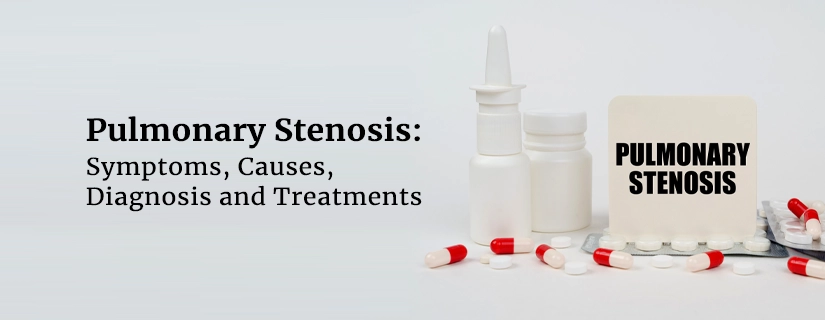
Pulmonary Stenosis: Symptoms, Causes, Diagnosis and Treatments
6 February 2026
Read More
-

Difference between Angioplasty and Angiography
6 February 2026
Read More
-

Hemoptysis (Coughing Up Blood): Causes, Treatment and Home Remedies
2 February 2026
Read More
-
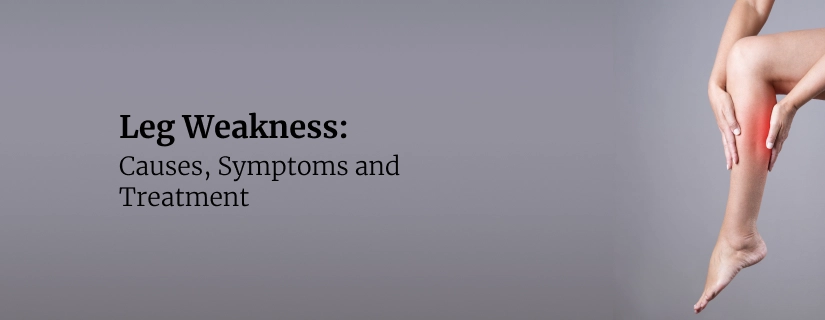
Leg Weakness: Causes, Symptoms and Treatment
9 January 2026
Read More
-

Back Pain After C-Section: Causes and Home Remedies
9 January 2026
Read More
-

Belly Button Pain (Periumbilical Pain): Causes, Treatment and When to See a Doctor
9 January 2026
Read More
Have a Question?
If you cannot find answers to your queries, please fill out the enquiry form or call the number below. We will contact you shortly.


















